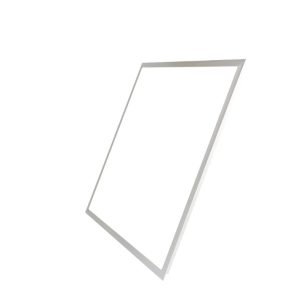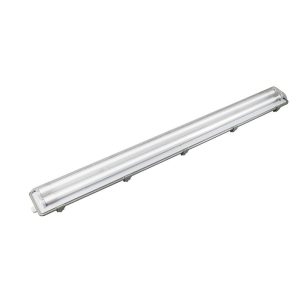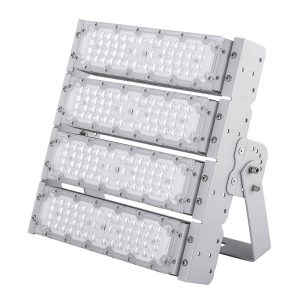As technology continues to advance, the integration of smart sensors into everyday living spaces has become increasingly prevalent. One such innovation is the ceiling mount motion sensor, a device designed to enhance security, energy efficiency, and convenience in residential and commercial settings. This article delves into the world of ceiling mount motion sensors, exploring their functionality, applications, benefits, and future trends.
Understanding Ceiling Mount Motion Sensors
A ceiling mount motion sensor is a type of motion detection device that is installed on the ceiling of a room or building. It works by detecting the movement of objects or people within its field of view. When motion is detected, the sensor can trigger a variety of responses, such as turning on lights, activating an alarm, or sending a notification to a smart device.
How Ceiling Mount Motion Sensors Work
The working principle of a ceiling mount motion sensor is based on the detection of infrared radiation. These sensors emit infrared waves that are invisible to the human eye. When these waves encounter a moving object, they bounce back and are detected by the sensor. The sensor then processes this information and triggers the desired action.
There are different types of ceiling mount motion sensors, each with its own set of features and capabilities:
– Passive Infrared (PIR) Sensors: These sensors detect changes in infrared radiation caused by the temperature difference between the sensor and the moving object. They are commonly used in residential and commercial buildings for energy-saving purposes.
– Ultrasonic Sensors: These sensors emit high-frequency sound waves that bounce off objects and return to the sensor. The time it takes for the waves to return is used to calculate the distance and speed of the moving object.
– Combination Sensors: Some ceiling mount motion sensors combine PIR and ultrasonic technologies to provide more accurate and reliable motion detection.
Applications of Ceiling Mount Motion Sensors
Ceiling mount motion sensors have a wide range of applications in various industries:
– Residential Security: These sensors can be used to monitor the perimeter of a home, providing an additional layer of security against intruders.
– Commercial Security: In commercial buildings, ceiling mount motion sensors can be employed to secure office spaces, warehouses, and parking lots.
– Energy Management: By detecting motion, these sensors can automatically turn on or off lights, reducing energy consumption and lowering utility bills.
– Accessibility: In public buildings, such as hospitals and schools, ceiling mount motion sensors can be used to provide hands-free access to doors and other facilities for individuals with mobility issues.
Benefits of Ceiling Mount Motion Sensors
The adoption of ceiling mount motion sensors offers several benefits:
– Energy Efficiency: By automatically controlling lighting and heating/cooling systems based on occupancy, these sensors can significantly reduce energy consumption.
– Security: Motion sensors can deter intruders and provide immediate alerts in case of unauthorized access.
– Convenience: The hands-free operation of motion sensors makes them ideal for environments where manual activation of lights or other devices is impractical.
– Cost-Effective: In the long run, the energy and security savings provided by motion sensors can offset their initial cost.
Installation and Maintenance
Installing a ceiling mount motion sensor is a relatively straightforward process, typically requiring only basic tools and knowledge of electrical systems. However, it is crucial to follow the manufacturer’s instructions and safety guidelines to ensure proper installation.
Regular maintenance is also essential to ensure the continued functionality of the sensor. This includes cleaning the sensor’s lens, checking for loose connections, and replacing batteries or power sources as needed.
Future Trends in Ceiling Mount Motion Sensors
The future of ceiling mount motion sensors is poised to become even more sophisticated. Some emerging trends include:
– Integration with Smart Home Systems: As the Internet of Things (IoT) continues to grow, ceiling mount motion sensors will likely become more integrated with other smart home devices, providing a seamless and interconnected living experience.
– Improved Accuracy: Advances in sensor technology will likely result in more accurate and reliable motion detection, reducing false alarms and improving energy efficiency.
– Customization: Future motion sensors may offer customizable settings, allowing users to adjust sensitivity, activation zones, and response times to better suit their specific needs.
In conclusion, ceiling mount motion sensors have become an indispensable component of modern security and energy management systems. As technology continues to evolve, these sensors will play an increasingly significant role in enhancing the safety, efficiency, and convenience of our homes and workplaces.













Explore More from Queendom Lamp
Stay updated with the latest LED technology, lighting solutions, and industry insights.
Request a Quote About Queendom